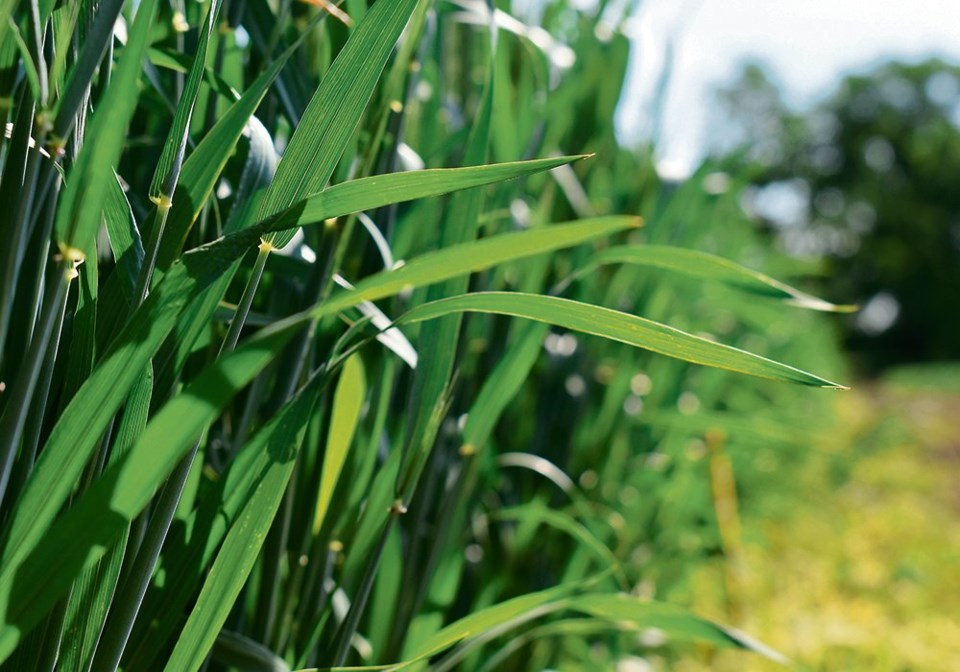With consumers growing desire to make informed, sustainable choices, Canadian agriculture is now launching a habitat-friendly Western Canadian winter wheat eco-labeling program.
The eco-label program will identify habitat-friendly winter wheat products to aid consumers in identifying environmentally friendly goods that support ducks, birds, and other wildlife species.
"To meet growing consumer demand for sustainable products, food processors can become certified to showcase their use of western Canadian winter wheat and resulting contributions to prairie wildlife habitat. By working together to highlight this sustainability story, we're unlocking new marketing opportunities for businesses and farmers while ultimately supporting a positive impact on our environment," emphasized Daniel Ramage, director of market access and trade policy at Cereals Canada.
Together, Cereals Canada, Ducks Unlimited Canada, Prairie Winter Wheat Growers, and end-users, such as millers and food processors, are embracing this collaborative model.
The program that began in November helps consumers identify food and drink products that are made with western Canadian winter wheat. As part of their commitment to sustainability, farmers grow winter wheat to support nesting habitats while gaining valuable benefits for themselves and the farm. Ducks, birds, and other wildlife will significantly benefit from the habitats created.
During the spring, thousands of ducks and geese migrate through the Prairie Region, searching for nesting sites. Researchers found that ducks nesting in winter wheat are 24 times more likely to succeed than ducks nesting in spring-sown cereals.
According to the Habitat Friendly Winter Wheat Organization, Western Canadian Winter Wheat offers a variety of on-farm agronomic benefits, including improved soil health, reduced tillage, high crop productivity, and more efficient use of crop inputs.
Wade Gray, grain producer from Moose Jaw, says "Another benefit to the environment is that winter wheat doesn't use as many herbicides or chemicals.
"A lot of times the crop is ahead of the weeds in the springtime, you have a lot less chance of getting fusarium head blight, which is a disease, and there's very minimal chance of wheat midge."
As a result of the labeling initiative, Canadian food brands will also differentiate themselves in a competitive market and provide highly requested sustainable products to consumers.
In studies conducted by the program's partners, it has been shown that one in three Canadians would choose eco-label products.




